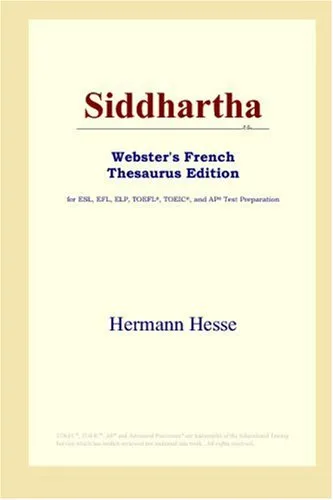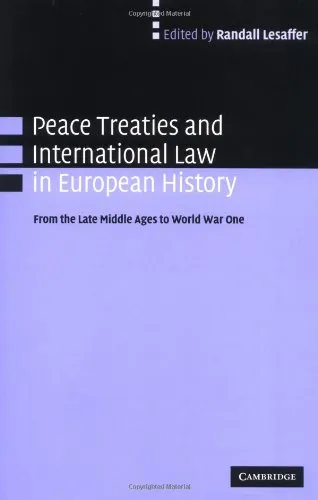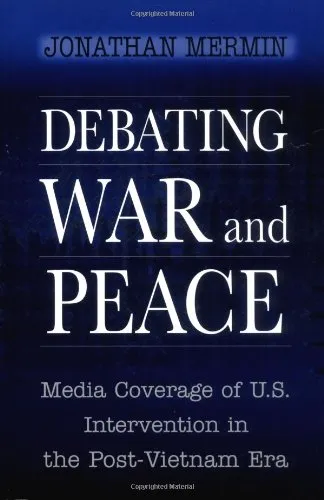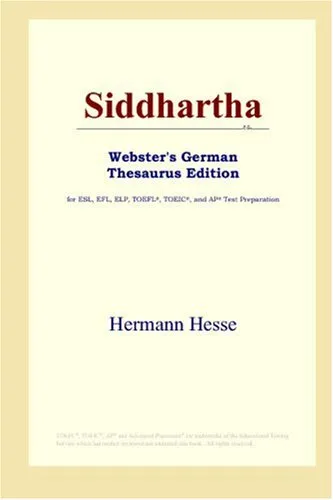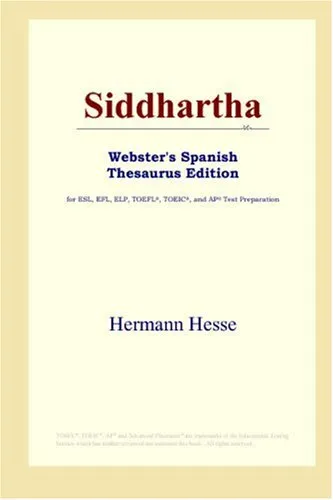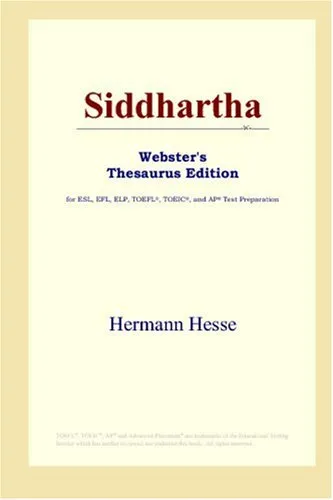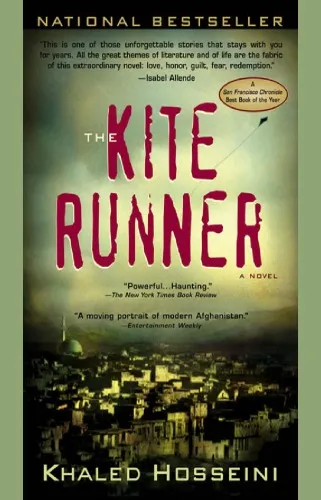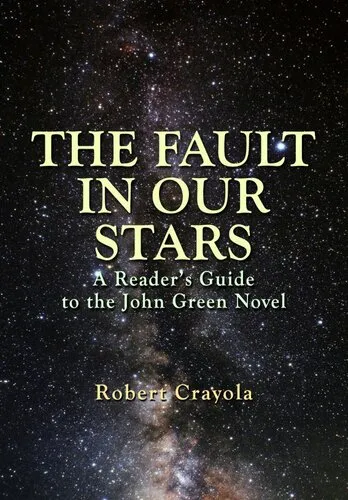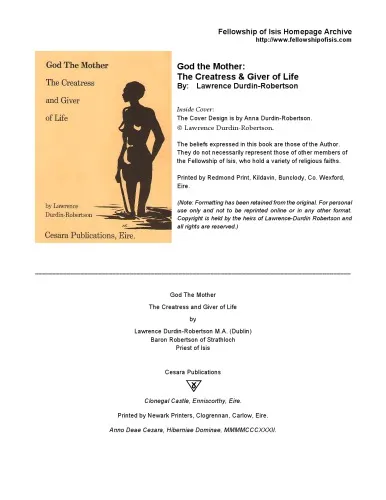Siddhartha (Webster's French Thesaurus Edition)
4.0
Reviews from our users

You Can Ask your questions from this book's AI after Login
Each download or ask from book AI costs 2 points. To earn more free points, please visit the Points Guide Page and complete some valuable actions.Related Refrences:
Persian Summary
Introduction to 'Siddhartha (Webster's French Thesaurus Edition)'
Hermann Hesse's 'Siddhartha' is a profound novel that explores the spiritual journey of a young man named Siddhartha in ancient India. This edition, enriched with a French Thesaurus, offers readers an intriguing exploration of both language and enlightenment.
Detailed Summary of the Book
'Siddhartha', published in 1922, is set in the time of Gautama Buddha. The novel follows Siddhartha, a young Brahmin, and his quest for spiritual growth and self-discovery. Despite his upbringing and the teachings of the sages, Siddhartha is not satisfied with traditional religious practices. Along with his friend Govinda, he leaves his family and ventures into the world to seek enlightenment.
Throughout his journey, Siddhartha encounters various individuals who impact his quest, including the Buddha himself, a courtesan named Kamala, and a merchant named Kamaswami. Each encounter brings new insights, yet Siddhartha remains restless, constantly searching for something more profound.
Rejecting wealth and pleasures, Siddhartha eventually finds solace by the river, which becomes a symbol of life's flow and interconnectedness. Through listening to the river and learning from the ferryman Vasudeva, Siddhartha achieves a deep understanding of existence, realizing the unity of all things. By the end of the novel, he finds inner peace, embodying a balance between the spiritual and the material worlds.
Key Takeaways
- Search for Self: 'Siddhartha' illustrates the importance of individual introspection and understanding in the journey toward self-discovery and enlightenment.
- Unity of All Things: The novel emphasizes the interconnectedness of all life, suggesting that true knowledge comes from embracing this unity.
- Balance between Material and Spiritual: Siddhartha's journey highlights the necessity of balancing worldly experiences with spiritual growth.
- Role of Teachers and Experiences: While learning from others is valuable, personal experience and intuition play crucial roles in one's path to enlightenment.
Famous Quotes from the Book
"The only reality is the reality of the ever-present moment." - This quote underscores the novel's emphasis on living in and appreciating the present.
"Wisdom is not communicable. The wisdom which a wise man tries to communicate always sounds foolish." - Reflecting the idea that true enlightenment must be personally attained.
"I can think, I can wait, I can fast." - A declaration of Siddhartha’s strengths that helps him navigate the intricacies of life.
Why This Book Matters
'Siddhartha' holds a significant place in literature due to its timeless exploration of existential themes and the human quest for meaning. Its narrative simplicity belies deep philosophical reflections that resonate across cultures and eras.
This edition, paired with Webster's French Thesaurus, not only provides a rich linguistic experience but also bridges literary and cultural gaps, allowing French-speaking readers to dive deeper into the text's nuances.
Overall, 'Siddhartha' is more than a novel; it is an invitation to embark on one's own spiritual journey. In today’s fast-paced world, where introspection is often overlooked, this book encourages readers to pause, reflect, and listen to the wisdom within themselves and the environment around them.
Free Direct Download
You Can Download this book after Login
Accessing books through legal platforms and public libraries not only supports the rights of authors and publishers but also contributes to the sustainability of reading culture. Before downloading, please take a moment to consider these options.
Find this book on other platforms:
WorldCat helps you find books in libraries worldwide.
See ratings, reviews, and discussions on Goodreads.
Find and buy rare or used books on AbeBooks.
1432
بازدید4.0
امتیاز0
نظر98%
رضایتReviews:
4.0
Based on 0 users review
Questions & Answers
Ask questions about this book or help others by answering
No questions yet. Be the first to ask!
